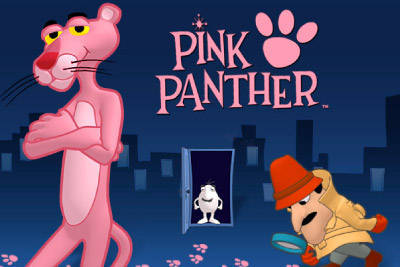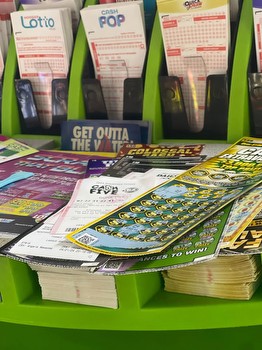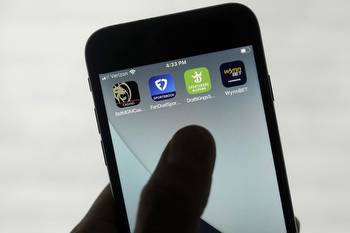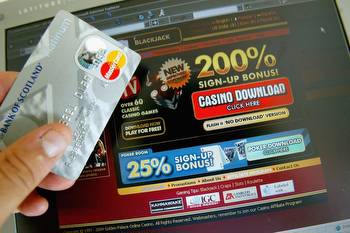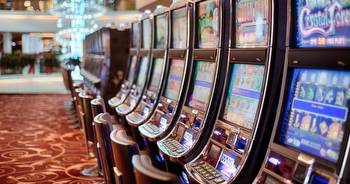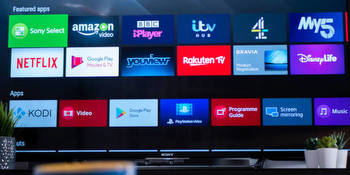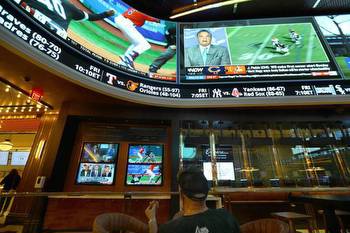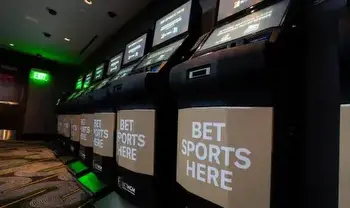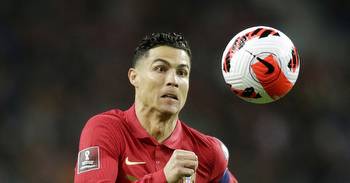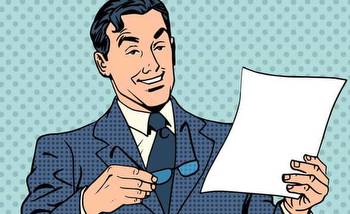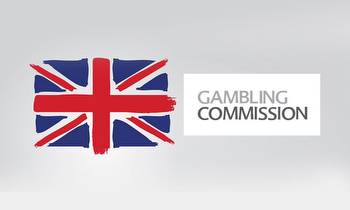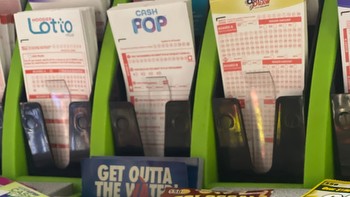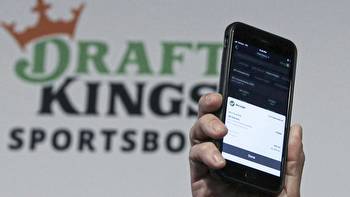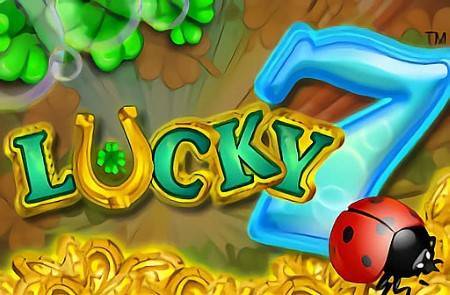The house always wins in online gambling

The return of international football tournaments in front of a live crowd is worth cheering, with the star power of Cristiano Ronaldo and Kylian Mbappe bringing fans out in droves to bars and pubs eager to make up for a lost pandemic year.
Less cheerful is the fact many fans remain glued to their screens wherever they are judging by the boom in online gambling fueled by the easy smartphone betting and seductive advertising that captivated many during lockdown. With awareness of mental health, stress and the public-health costs of gambling addiction on the rise amid Covid-19, it’s a cue to consider whether current rules are tough enough.
Having a captive audience with cash to spare has been good for business: France, whose national team is the bookmakers’ favourite to win the UEFA European Football Championship, posted a record 2.2 billion euros ($2.6 billion) in online sporting bets in the first three months of the year. The U.K., Europe’s top online gambling market, is also breaking records with events like the Grand National horserace. Shares of Ladbrokes owner Entain Plc and lottery operator La Francaise des Jeux have soared on rising profits.
Yet if the camaraderie of a tentpole sports event is increasingly linked to quick-fire bets everywhere, it’s also thanks to a flood of breezy promotions, ads, time-limited bets and celebrity sponsorships that incite people to bet with few reminders of the risks. While a mix of rules and voluntary restraint from the operators themselves are supposed to keep things in check, it’s time to heed persistent warnings from public-health experts that children and problem gamblers aren’t being protected enough.
The content of these ads can cross the line: One recently-scrapped betting campaign in France depicted a young winner carried aloft through his neighbourhood as his elders respectfully kneeled before him. But even less egregious ads give off unrealistic vibes of skills-based windfalls that hardly reflect reality. Industry heavyweights’ gross margins of more than 40% show the house has a tendency to win. “If you’re playing more, you’re losing more,” Ladbrokes’s former boss said last year, adding that 99% of his customers lost.
Branding and advertising that aim to normalize gambling and sports betting have succeeded through ubiquitous logos and tweets. Measures like a voluntary “whistle-to-whistle” ban on in-match television advertising in the U.K., where the industry spends 1.5 billion pounds ($2 billion) a year, mean little next to social media and team sponsorships. Top psychiatrists have warned it’s a public-health risk reminiscent of tobacco ads.
Operators are keen to promote what their business gives back to the economy: The European Gaming and Betting Association says its members in 2019 held 145 licenses across the continent and invested 107.1 million euros in sport sponsorships. That won’t go unnoticed post Covid-19. New York Governor Andrew Cuomo sees sports betting as a way to boost tax, while huge losses racked up by the likes of the U.K.’s Premier League will need filling.
But at a time when athletes are becoming more outspoken over the products they sponsor, and as social attitudes even in bet-friendly Britain are hardening against glitzy gambling promotions, momentum is likely to build behind tougher rules. Focusing solely on education and research to preserve individual responsibility isn’t going to cut it when data suggests the problem gambling could affect almost 1.4 million Brits.
An outright ban on gambling advertising, as seen in Italy, isn’t likely to see wide take-up and might work better as a threat than reality. But a ban on gambling sponsorships of sports teams, approved in Spain and under review in the U.K., could gain traction. Right now, too much responsibility lies in the hands of individual clubs that can’t easily afford to turn down 5 to 10 million pounds. Norwich City recently ended its deal with online casino BK8 after fan uproar over the company’s sexualized marketing materials.
Gambling companies might protest, but they may also appreciate a releveling of the marketing playing field against rivals. But the real pressure, as sports-marketing expert Richard Denton of the Johan Cruyff Institute points out, will be on the soccer teams whose attempts at pulling other revenue levers (such as the Super League) haven’t always worked. When Formula 1’s tobacco sponsorship ended in 2005, it sparked a business-model revamp to make up for the shortfall. Other sports will need time and support to make similar changes.
Any new rules should be imposed carefully, and fairly, but given the social harms at stake, they’re worth a punt.
tech news and reviews, also keep up with us on , , and Instagram. For our latest videos, subscribe to our YouTube channel.







